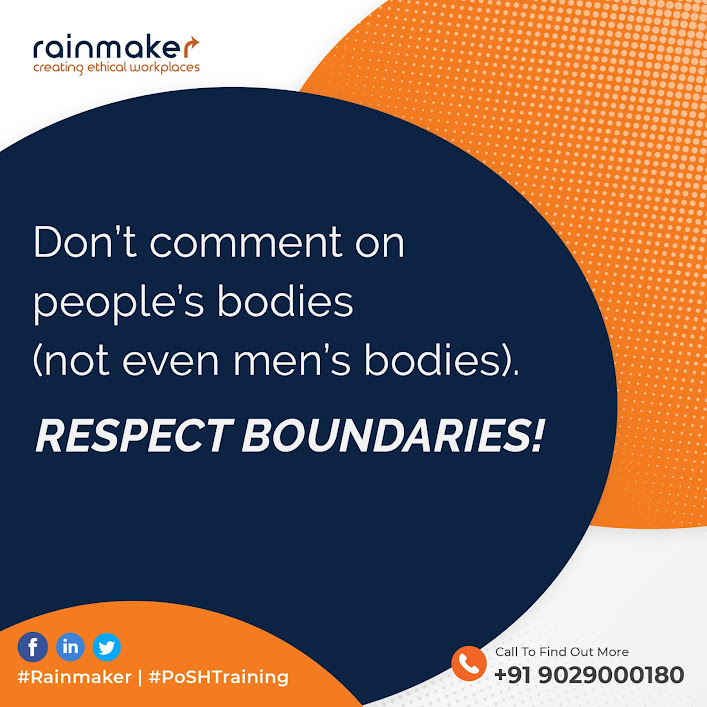POSH India Act: A Milestone!
The Sexual Harassment of Women at Workplace (Prevention, Prohibition, and Redressal) Act, 2013 was passed with the objective to provide safe environment for women at workplaces. It also aims at providing protection and redressal of complaints against sexual harassment of women.
Going forward, let’s now discuss about it in detail.
The Supreme Court of India first issued guidelines for Prevention of Sexual Harassment (POSH) in Vishaka and others vs. State of Rajasthan case in 1997. The case triggered consciousness on the issue that was not given much importance. The guidelines were then superseded by the POSH Law India 2013.
Types of Sexual Harassments
The act clearly defines unwelcoming acts, gestures and behaviour that comprise as sexual harassment:
Physical contact and advances.
A demand or request for sexual favours.
Making sexually colored remarks.
Showing pornography; or,
Any other unwelcome physical, verbal, or non-verbal conduct of sexual nature.
The POSH India Act Also Highlights Some Key Principles:
DUTIES OF EMPLOYER/ORGANISATION
It is the responsibility of the organization to provide a safe working environment to its employees.
Organizing workshops, training programmes and awareness programmes at regular intervals for the employees to understand the types of sexual harassment and its consequences.
Setting up of internal committee for conducting an inquiry and timely redressal of complaints
Provide assistance to the woman aggrieved if she so chooses to file a complaint in relation to the offence under the Indian Penal Code and also ensures to facilitate secure justice to the aggrieved woman
Constitution Of Internal Complaint Committee For The Redressal Of Complaints:
Every employer should constitute an Internal Complaint Committee (ICC). The Internal Committees shall consist of Presiding officer, internal members (not less than two employees) and an external member from NGO. The strength of the women members should comprise half of the members of the committee:
The Presiding officer should be the woman employed in higher rank at the workplace.
The Presiding officer and members shall hold the office for a period, not exceeding 3 years. If any member to be removed from the committee, the vacancy so created shall be filled by fresh nomination in accordance with provision of the Act.
All complaints submitted to the Internal Committee must be addressed and finalized within 90 days of the receipt of the complaint. Also, the Internal Committee must submit its report within 10 days from the date of completion of the inquiry to the employer.
False Complaints
If the internal complaint committee concludes that the allegation made by the complainant are untrue/false or malicious and the allegations have been forged or false evidence has been provided during inquiry. Disciplinary action prescribed in the service rules of the organization can be taken against complainant.
Punishment and Conciliation
The POSH act prescribes the punishments that may be imposed by an employer under the service rules of the organization. Disciplinary actions like terminating the respondent from the service, written apology, and warning can be taken.
Confidentiality of complaints:
The Act allows making certain information public related to the justice that has been provided to victim of sexual harassment, without any disclosure of any particular information like name, address of the victim, respondent, witnesses which may result in their identification.


Comments
Post a Comment